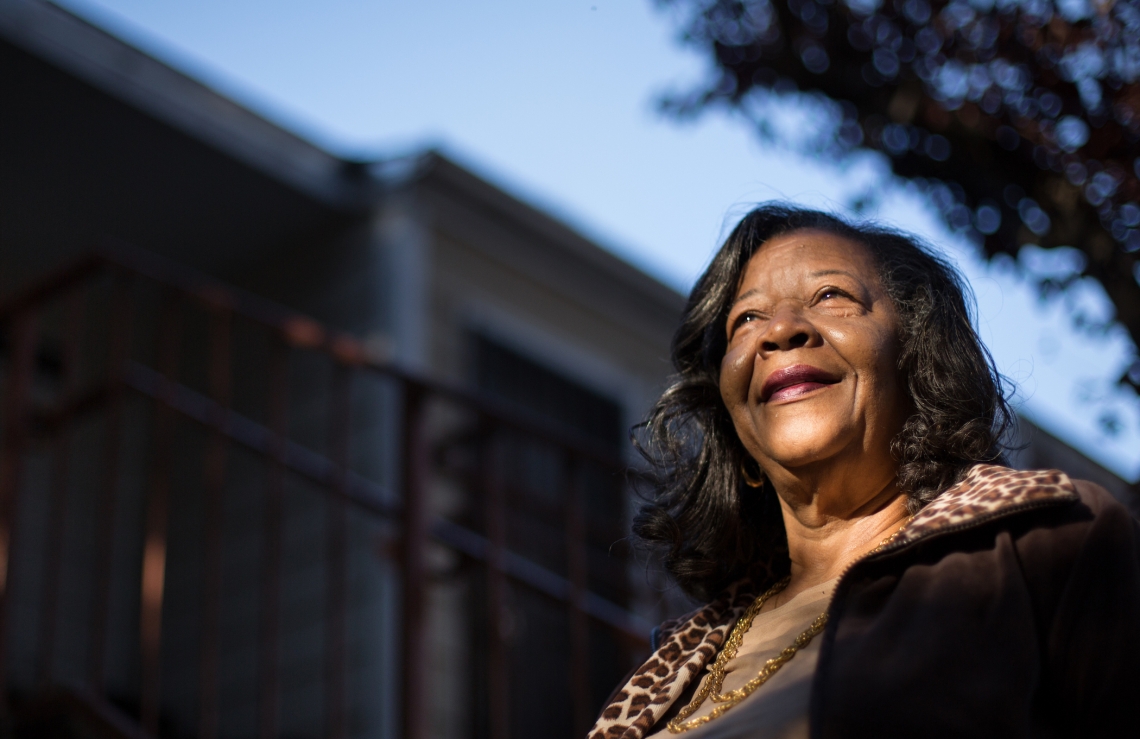
According to the American Diabetes Association, someone is diagnosed with diabetes every 21 seconds. Diabetes mellitus is a group of diseases characterized by high blood glucose (sugar) levels resulting from problems with insulin production or problems with insulin action. Insulin is a hormone made by your body to use and store energy from food. The main energy source is glucose from carbohydrate foods.
Type 1 diabetes means that your body does not make enough insulin, from a genetic or autoimmune cause. Type 1 diabetes is less common (about 5% to 10% of cases).
Type 2 diabetes is 90% to 95% of cases. This is when insulin does not work normally, and blood glucose levels are often higher or lower than the normal range. This can increase your risk of heart attack or stroke and could lead to kidney failure and/or blindness, if not well managed.
Q: What affects blood glucose?
- Food. Carbohydrates raise blood glucose but still provide healthy energy, vitamins and minerals. Eating the same amount of carbohydrates at the same time each day can help blood glucose stay stable. The most nutritious sources of carbohydrates are grains (bread, pasta, and rice), fruit, milk & dairy (like yogurt), beans and starchy vegetables (Potatoes, corn and peas). Sweets like soda, cookies and candy are also carbohydrate sources that should be limited. Talk to your doctor or dietitian to determine what the right amount of carbohydrate is for you. People with diabetes need different amounts depending on a variety of factors.
- Activity. Be active for 30 minutes at least 5 days per week. Try aerobic activity and strength building exercises.
- Stress. Stress increases blood glucose. Find ways to help yourself reduce stress, like deep breathing, and taking quiet time for yourself.
- Medication. Diabetes pills and insulin help to lower blood glucose. Take your medicine the way that it is prescribed by your doctor.
- Sick Days. Being sick can change the hormones in your body and increase blood glucose. Talk to your doctor about how to plan for sick days, so you are prepared before it happens!
Project Open Hand Community Nutrition Program aims to help you manage diabetes by providing a nutritious meal. Join us at one of our lunch sites today!
